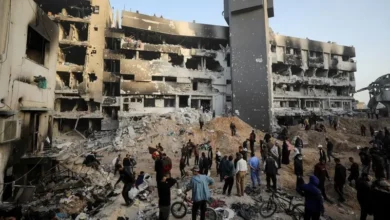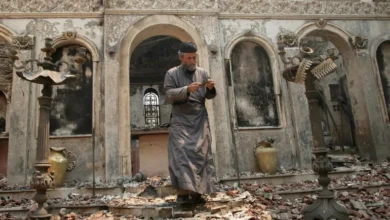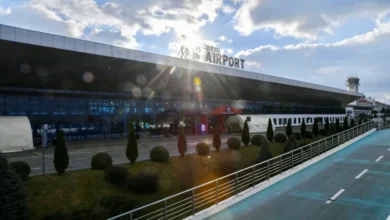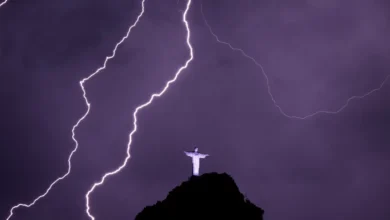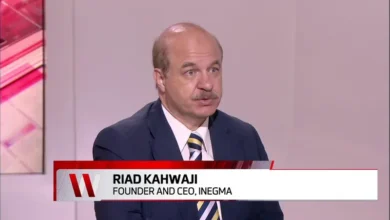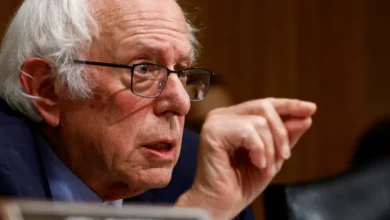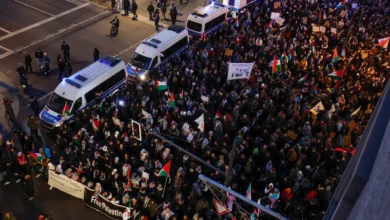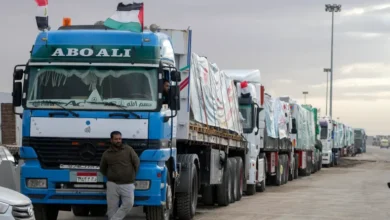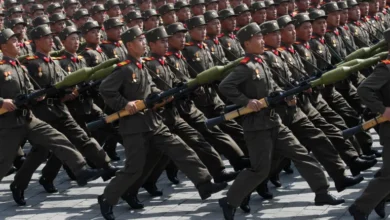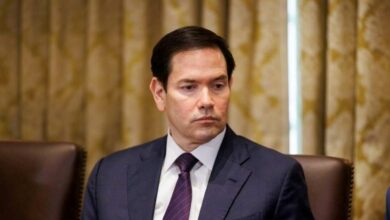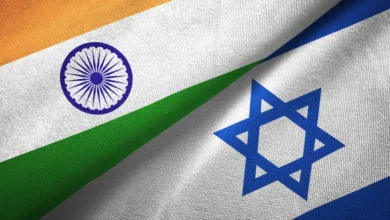Taiwan leader vows stronger air defenses to counter ‘enemy threats’
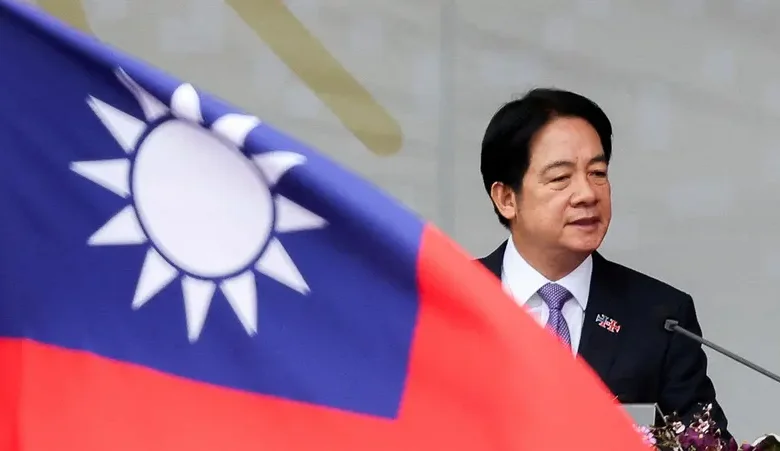
Taiwanese President Lai Ching-te vowed Friday to speed up construction of a multi-layered air defense system as part of efforts to counter “enemy threats”.
Lai’s government has been under US pressure to improve its ability to defend itself against a potential attack by China, which claims the island is part of its territory.
“We will accelerate our building of the T-Dome, establish a rigorous air defense system in Taiwan with multi-layered defense, high-level detection, and effective interception,” Lai said during Taiwan’s National Day celebrations.
Lai said Taiwan was determined to “maintain peace through strength” and called on China to “renounce the use of force or coercion to change the status quo across the Taiwan Strait”.
Lai’s speech followed a bruising year for the president, a staunch defender of Taiwan’s sovereignty who is loathed by Beijing.
A failed effort this year to unseat dozens of opposition lawmakers, which could have given Lai’s Democratic Progressive Party a majority in the parliament, left the government weakened.
US tariffs on Taiwanese shipments and doubts over President Donald Trump’s willingness to protect the island have also eroded confidence in the key relationship.
Lai reiterated on Friday plans to ramp up defense spending to more than three percent of gross domestic product next year and five percent by 2030, “showing our determination to safeguard the nation”.
“We will advance the integration of high-tech and AI technologies to build a smart defense combat system, maximizing effective deterrence for our asymmetric strategy,” Lai said.
Taiwan will also boost its own defense industry and strengthen domestic supply chains to build a “robust line of defense”, he said.
Friday’s celebrations mark the 114th anniversary of the toppling of China’s Qing dynasty and the subsequent founding of the Republic of China.
The current dispute between China and Taiwan dates to a civil war between the nationalist forces of Chiang Kai-shek, who retreated to the island, and Mao Zedong’s communist fighters.
Beijing launched military drills around Taiwan after Lai’s National Day speech last year, sending planes and ships to encircle the island.
China would not need to respond “aggressively” this time given Lai was “suffering right now”, said Jonathan Sullivan, a China and Taiwan expert at the University of Nottingham.
Trump is expected to meet with his Chinese counterpart Xi Jinping in the coming weeks as the rival superpowers thrash out a trade deal that could impact Taiwan.
“My assessment is that Chinese military exercises are unlikely during this period, at least in this month,” said Hung Chin-fu, political scientist at National Cheng Kung University.
While Taiwan has increased spending on its military, it would be massively outgunned in a conflict with China and remains heavily reliant on US military might to deter Beijing from attacking.
